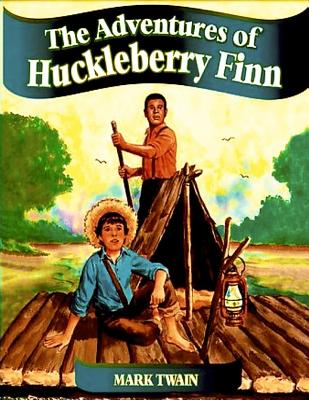
Wilde, Oscar
The Ballad of Reading Gaol is a poem by Oscar Wilde, written in exile in Berneval-le-Grand, after his release from Reading Gaol on 19 May 1897. Wilde had been incarcerated in Reading after being convicted of gross indecency with other men in 1895 and sentenced to two years' hard labour in prison.
During his imprisonment, on Tuesday, 7 July 1896, a hanging took place. Charles Thomas Wooldridge had been a trooper in the Royal Horse Guards. He was convicted of cutting the throat of his wife, Laura Ellen, earlier that year at Clewer, near Windsor. He was aged 30 when executed.
The Duchess of Padua is a play by Oscar Wilde. It is a five-act melodramatic tragedy set in Padua and written in blank verse. It was written for the actress Mary Anderson in early 1883 while in Paris. After she turned it down, it was abandoned until its first performance at the Broadway Theatre in New York City under the title Guido Ferranti on 26 January 1891, where it ran for three weeks. It has been rarely revived or studied.
The Importance of Being Earnest, A Trivial Comedy for Serious People is a play by Oscar Wilde. First performed on 14 February 1895 at the St James's Theatre in London, it is a farcical comedy in which the protagonists maintain fictitious person to escape burdensome social obligations. Working within the social conventions of late Victorian London, the play's major themes are the triviality with which it treats institutions as serious as marriage, and the resulting satire of Victorian ways. Some contemporary reviews praised the play's humour and the culmination of Wilde's artistic career, while others were cautious about its lack of social messages. Its high farce and witty dialogue have helped make The Importance of Being Earnest Wilde's most enduringly popular play.







